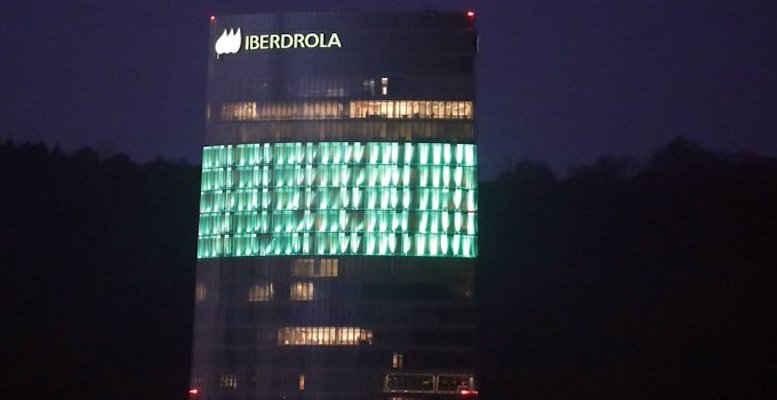Santander Corporate & Investment | The launch of the MSCI ESG Screened Europe iTraxx Index, based on the MSCI iTraxx Europe Series 33 Index and the application of three MSCI filters, took place with great fanfare on June 21.
Firstly, companies with significant involvement in certain activities such as alcohol, tobacco, weapons and gambling, as well as nuclear energy and thermal coal, are excluded. Secondly, companies with MSCI dispute scores of 0, or on “red alert” (the lower the score, the more serious the dispute mark), are excluded. And thirdly, companies with MSCI ESG ratings below BBB are excluded from the index. As a result of the application of these filters, 44 of the 125 companies making up the iTraxx Europe have been excluded, leaving an ESG index composed of 81 firms.
Ironically, the screening process has led to the exclusion of the top five “green” or sustainable bond issuers in the world (according to Bond Radar data) and the inclusion of three not very “green” oil companies. Enel and Iberdrola have AAA ratings from MSCI for their ESG (environmental, social and governance) characteristics. However, like EDF and Engie, with A ratings, they have presumably been excluded from the index because of their involvement in nuclear and coal-fired energy production. Tennet, the Dutch state-owned electricity transmission network, has also been excluded, as it is not rated by MSCI.
ESG criteria vs. sustainability. In our view, the launch of the iTraxx MSCI ESG Screened Europe index highlights the risks of assuming that ESG and sustainable finance are exactly the same, especially if filters are applied.
Some companies may have high ESG scores – like Repsol (rated AA) – and be included in the index even though they are not considered sustainable. Meanwhile, leaders in sustainable energy – like Iberdrola (rated AAA) – are excluded due to their nuclear exposure. In our opinion, the iTraxx MSCI ESG Screened Europe Index is not a “green”/sustainable index. As is always the case, it will be crucial to know the details.





